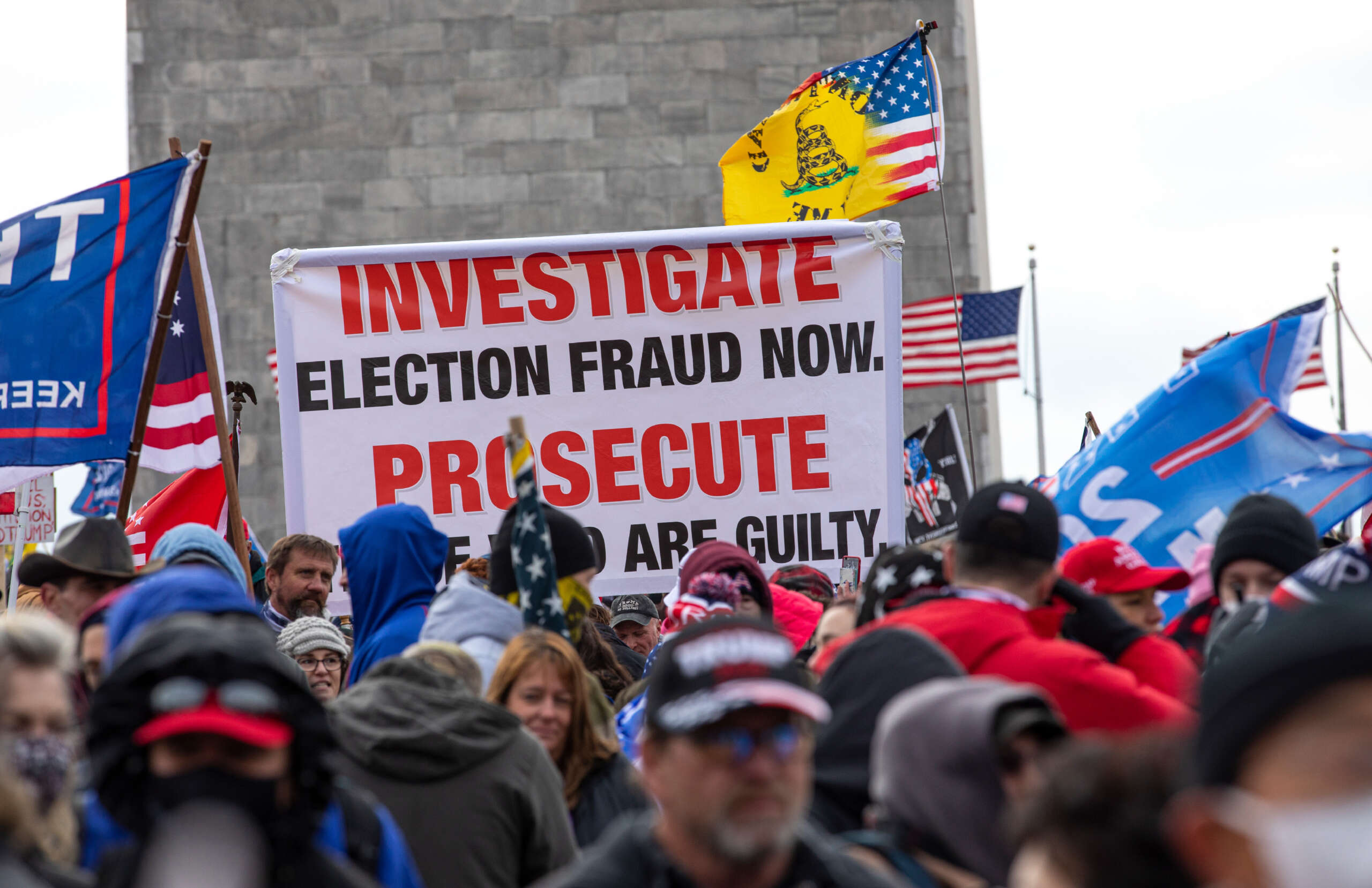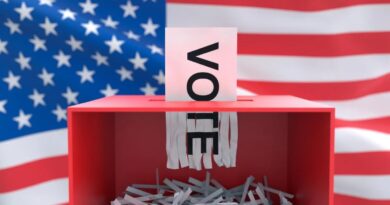Trump Campaign Dismissed Research It Paid for Because It Didn’t Find 2020 Election Fraud

In the weeks after his 2020 election loss, former President Donald Trump and his campaign team commissioned a research group to investigate allegations of election fraud. When the group reported that the claims were not based in reality, however, Trump’s campaign dismissed the findings and continued to push lies about election fraud anyway.
According to four sources who spoke to The Washington Post, the Trump campaign tasked the Berkeley Research Group (BRG) with investigating claims about election fraud in the 2020 presidential election. The campaign asked BRG to examine alleged machine malfunctions that had supposedly increased Biden’s vote totals, as well as claims of deceased people voting for Biden.
The research delved into numerous allegations of voter fraud, according to the sources, who spoke to The Post on the condition of anonymity for fear of retribution from Trump or his loyalists.
“They looked at everything: change of addresses, illegal immigrants, ballot harvesting, people voting twice, machines being tampered with, ballots that were sent to vacant addresses that were returned and voted,” one of the sources said. “Literally anything you could think of. … If there was anything under the sun that could be thought of, they looked at it.”
But within the six states that BRG investigated — Wisconsin, Michigan, Arizona, Nevada, Georgia and Pennsylvania — there was no evidence that widespread fraud had affected the election’s outcome. Though a small number of voting anomalies were discovered, the organization noted, there was nothing sizable enough to warrant the claims that Trump and others were making.
“Just like any election, there are always errors, omissions and irregularities,” a source with knowledge of the report’s findings said. “It was nowhere close enough to what they wanted to prove, and it actually went in both directions.”
BRG presented its findings in a conference call with Trump and his advisers, including then-chief of staff Mark Meadows. As BRG began to disprove each of the claims Trump had been pushing about election fraud, the call grew contentious, the Post reported, with the former president and his advisers rejecting the findings.
The report wasn’t cited in any of the court cases that Trump or his loyalists brought forward seeking to overturn the 2020 presidential election. BRG itself never released the report, as it goes against company policy to discuss assignments requested by clients.
The reporting from the Post is the latest example of Trump and his advisers refusing to acknowledge the legitimacy of the 2020 election in spite of overwhelming evidence disproving their claims of election fraud. In a public hearing in June, the House select committee investigating the January 6, 2021, attack on the U.S. Capitol noted that numerous White House advisers had repeatedly told Trump that there hadn’t been widespread election fraud.
“The election fraud claims were false. Mr. Trump’s closest advisers knew it. Mr. Trump knew it,” January 6 committee member Rep. Zoe Lofgren (D-California) said, adding that Trump still urged his supporters to “fight like hell” and descend on the Capitol during the certification of the Electoral College.
Audio recordings made public earlier this month showcase that Trump campaign officials at the state level were also aware that the fraud claims were lies. Andrew Iverson, then the head of the Trump campaign in Wisconsin, acknowledged Trump’s loss in the state but told his staff they’d push fraud claims if asked to do so.
“Comms is going to continue to fan the flame and get the word out about Democrats trying to steal this election. We’ll do whatever they need,” Iverson said in the recordings. “Just be on standby if there’s any stunts we need to pull.”


